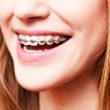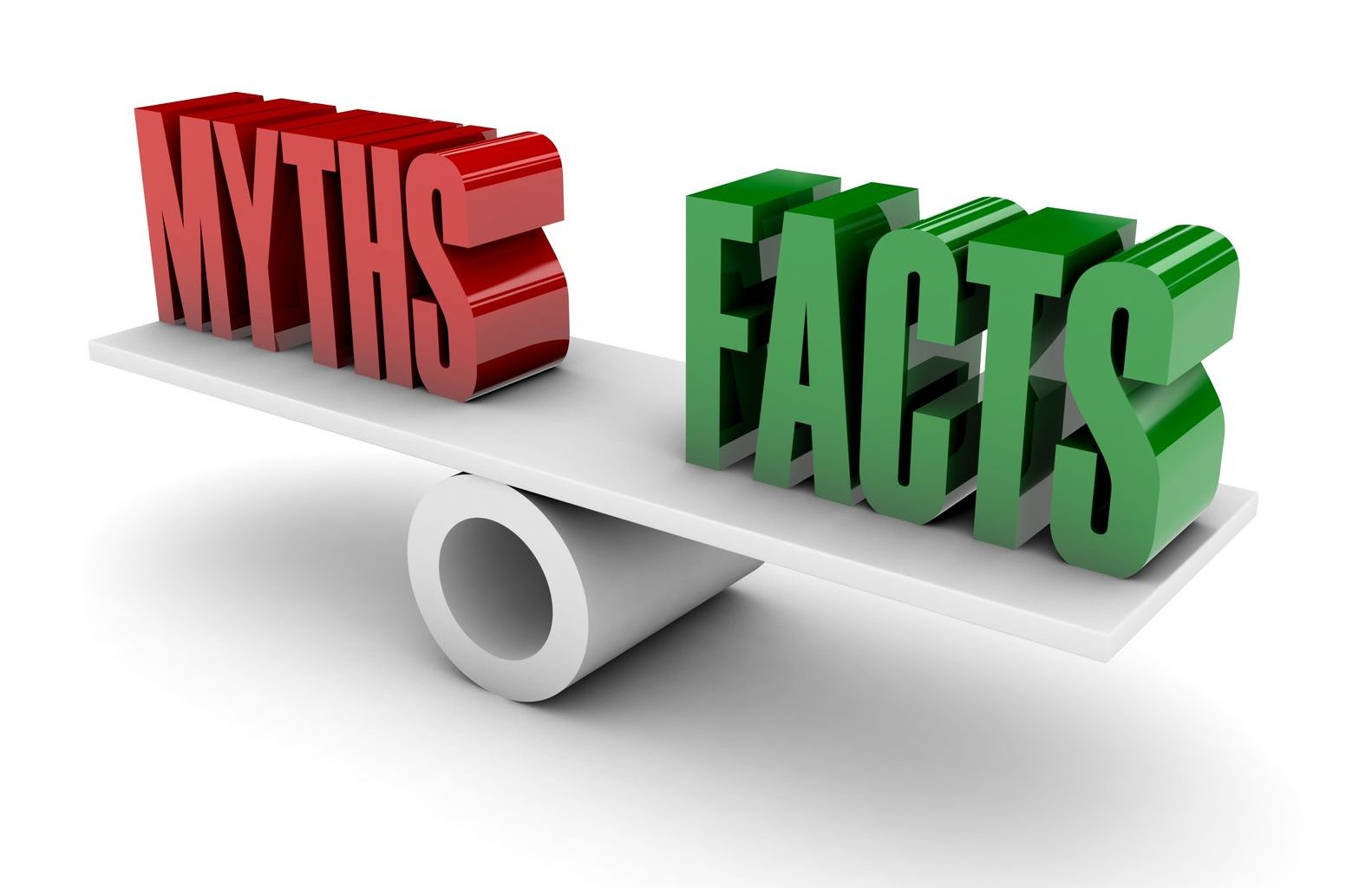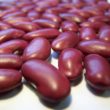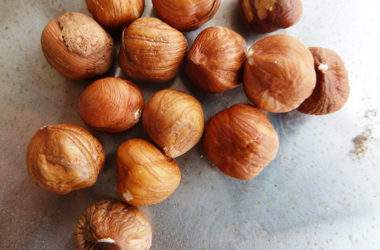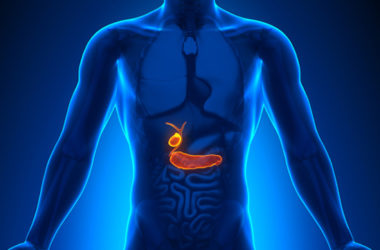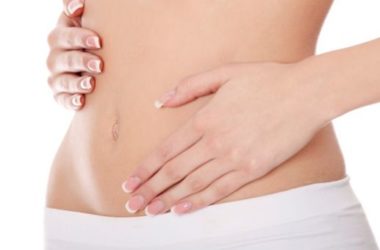There is a great deal of falsehood revolving all over nutrition. The most obvious wrongness is enumerated in this article, yet disappointingly this is simply the tip of something bigger.
Here are the main 10 greatest untruths, myths and misguided judgments of nourishment.
Added sugar is unhealthy. Wrong.
Sugar is vital in the kitchen. Consider all that it accomplishes: for baking, making a delicate cake morsel and guaranteeing fresh treats. After that, there’s its part in making meringue or in most desserts. Remember that different sweeteners like “natural” honey are basically refined sugar in any case and the body metabolizes them all the same as four calories every gram. Sugar adjusts the flavors in nutritious foods that may not taste so mouthwatering. Don’t go over the edge in sprinkling sugar over a dessert, obviously. The specialists of health recommend that included sugar supply roughly ten percent of your total calories—around two hundred in a two thousand-calorie diet.
Eggs are unhealthful. Wrong again.
There’s one thing that nourishment experts have had remarkable achievement with… and that is inversing the benefits of unbelievably healthy foods. The worst case of that are eggs, which happen to contain a lot of cholesterol and were considered to elevate the risks of heart problems.
At the same time it has been demonstrated that the cholesterol in a person’s diet does not – by any stretch of the imagination – bring the cholesterol up in blood. Actually, a little clarification is all we need here. Eggs raise the “good” cholesterol and are NOT connected with higher risks of heart problems.
What we’re left with is a standout amongst the most nutritious foods on Earth. Eggs are high in various kinds of supplements alongside antioxidants that are good for the eyes. To top everything off, in spite of egg being a “high fat” food, consuming eggs for breakfast is demonstrated to cause weight loss contrasted with bagels for breakfast.
The body can’t identify sugar from fructose. Yet another wrong.
There are evidence to support that too much of fructose, essentially high fructose corn syrup (HFCS), is an essential element creating not just obesity, but as well as interminable and deadly illness. It would be great if you could keep your total fructose usage underneath twenty five grams every day.
Consuming a ton of protein is awful for your bones and kidneys. Wrong.
It has been asserted that a high protein diet causes both osteoporosis and kidney illness. Truly, consuming protein haves temporary calcium discharge from the bones, yet researches really demonstrate the reverse impact. Protein has a solid relationship with improved bone health and a lower danger of bone cracks. Moreover, researches don’t present any relationship of high protein with kidney illness in individuals who are healthy. Truth be told, two of the primary dangers for kidney failure are diabetes and hypertension. A high protein meal ought to be defensive against osteoporosis and kidney failure.
It is good to eat low-fat foods. Wrong.
What flavor does a normal food possess when all fat has been removed? That food would taste like cardboard; nobody would want to it. Food manufacturers know this and accordingly they add different things to adjust the flavor for the absence of fat. Normally these are sweeteners… sugar, artificial sweeteners or high fructose corn syrup. In these foods, healthy natural fats are being replaced with substances that are unsafe.
Diets with low carbohydrates are dangerous. Wrong.
Low-carb diet is the healthiest, simplest and best approach to get thinner and knock over metabolic illnesses.
Foods high in fat makes you fat. Wrong.
It is common knowledge that consuming fat would make you get fat physically. The stuff that is assembling under our skin and making us look delicate and puffy is fat. So… consuming fat ought to give our bodies a greater amount of it.
It isn’t that simple. Regardless of fat having a greater number of calories every gram serving than carbs or protein, high-fat diet don’t make people fat. A diet that is high in carbs AND high in fat will make you fat, but it’s not due to only fat. Indeed, diets that are high in fat (and low in carbs) cause much more fat loss than diets that are low in fat.
Blood cholesterol is raised by saturated fats. Wrong.
Research demonstrates that some fats that are saturated don’t.
Exactly when we’ve become contented with the thought that there are beneficial-for-you mono- and polyunsaturated fats (examples are found in olive oil and walnuts), down comes new findings that force researches to study all over again the common knowledge: All saturated fat is unhealthy. Those researchers have long realized that there are numerous sorts of immersed fats, and the body knows what to do when it’s ingested. Stearic acid, a kind of saturated fat discovered in cocoa, dairy items, poultry, and meats, and in addition, coconut oils and palm, does not raise hurtful LDL cholesterol, but supports valuable HDL cholesterol levels.
The biggest supply of calories should be carbs. Wrong.
The low-fat, high-carb diet is a hopeless disappointment and has ended up being second rate compared to lower-carb, high-fat weight control plans.
Eat as much small meals as possible. Wrong.
Eating little every now and then is beneficial for you.





